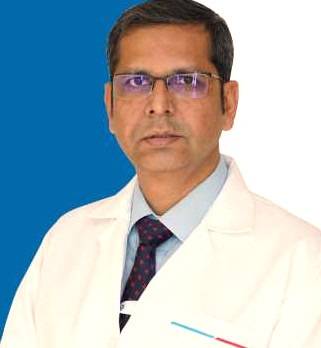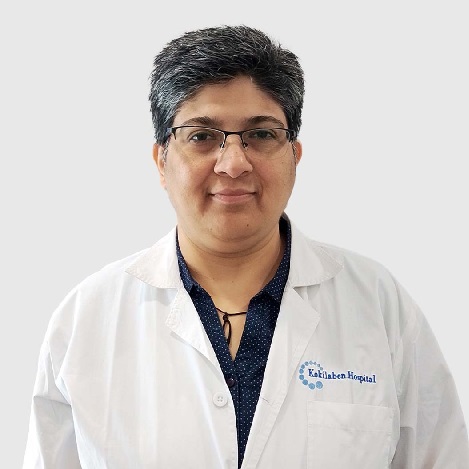The treatment of lymphoproliferative disorders depends on several factors, including the specific type and stage of the disease, the patient's overall health, and individualised treatment goals. Here are some common treatment options for lymphoproliferative disorders:
Chemotherapy: Chemotherapy uses chemicals to destroy cancer cells and stop them from proliferating. For some lymphoproliferative illnesses, it can be given intravenously, orally, or directly into the cerebrospinal fluid.
Radiation Therapy: High-energy beams are used in radiation therapy to target and kill cancer cells. It can be used either alone or in conjunction with other therapies to reduce tumours, ease symptoms, or stop the spread of cancer.
Immunotherapy: Immunotherapy encourages the immune system to identify and combat cancer cells. Examples of immunotherapeutic strategies used to treat lymphoproliferative diseases include monoclonal antibodies, immune checkpoint inhibitors, and CAR-T cell therapy.
Targeted Therapy: Targeted therapy drugs specifically target certain molecules or genetic mutations in cancer cells, disrupting their growth signals. These therapies are designed to minimize harm to healthy cells and can be effective in certain types of lymphoproliferative disorders.
Stem Cell Transplantation: For some lymphoproliferative illnesses, stem cell transplantation, sometimes referred to as bone marrow transplantation, may be advised. In order to reestablish regular blood cell production, sick or injured bone marrow is replaced with healthy stem cells.
Supportive Care: Supportive care practises are crucial in managing lymphoproliferative diseases in addition to specialised therapies. As well as psychological and emotional support, this may involve drugs to control infection, treat side effects, and manage pain.
Cost of the Lymphoproliferative Disorder Treatment
The cost of LPD treatment in India is generally influenced by several factors including the type of LPD, the stage of LPD, the treatment modality used, the patient’s age, patient’s comorbidities, the type and location of the hospital, doctor’s expertise, insurance coverage and much more.
To know the exact cost of the LPD treatment in India, one must need to consult their healthcare provider. However, the table below also provides the approximate cost of the LPD treatments.
Treatment Options | Cost Estimate Range |
Chemotherapy | ₹ 75,000 to ₹ 2,50,000 |
Radiation therapy | ₹ 60,000 to ₹ 2,00,000 |
Immunotherapy | ₹ 80,000 to ₹ 2,25,000 |
Targeted Therapy | ₹ 80,000 to ₹ 2,25,000 |
Stem Cell Transplant | ₹ 15,00,000 to ₹ 27,00,000 |
Lymphoproliferative Disorders Survival Rate
Depending on the precise type and stage of the disease, as well as the patient's condition, the survival rate for lymphoproliferative disorders might vary significantly. It's crucial to keep in mind that survival rates are estimations based on sizable patient populations and may not precisely predict the prognosis for a particular patient.
The severity of lymphoproliferative disorders varies greatly between diseases. For instance, there is a 64% relative 5-year survival rate for diffuse large B cell lymphoma patients. However, a study indicates that for natural killer cell leukaemia, the 1-year survival rate was less than 5%.
The following factors could affect a patient’s survival:
The type of lymphoproliferative disease the patient has
Age
His/her general health
Rate of illness progression
Specific genetic factors


































